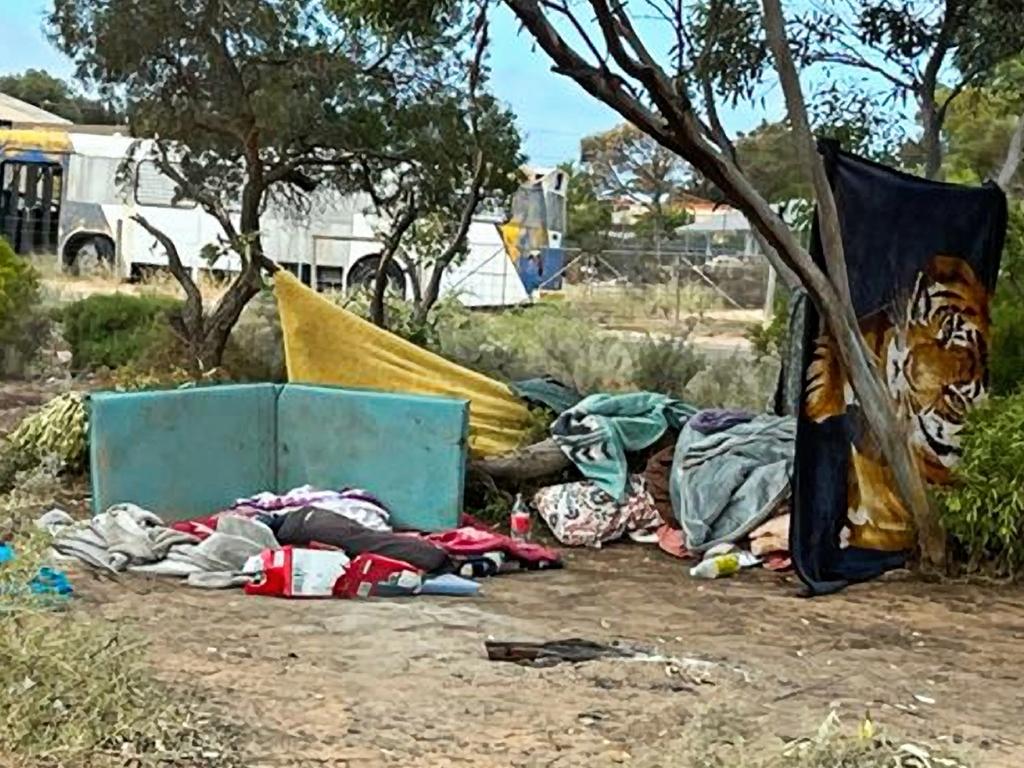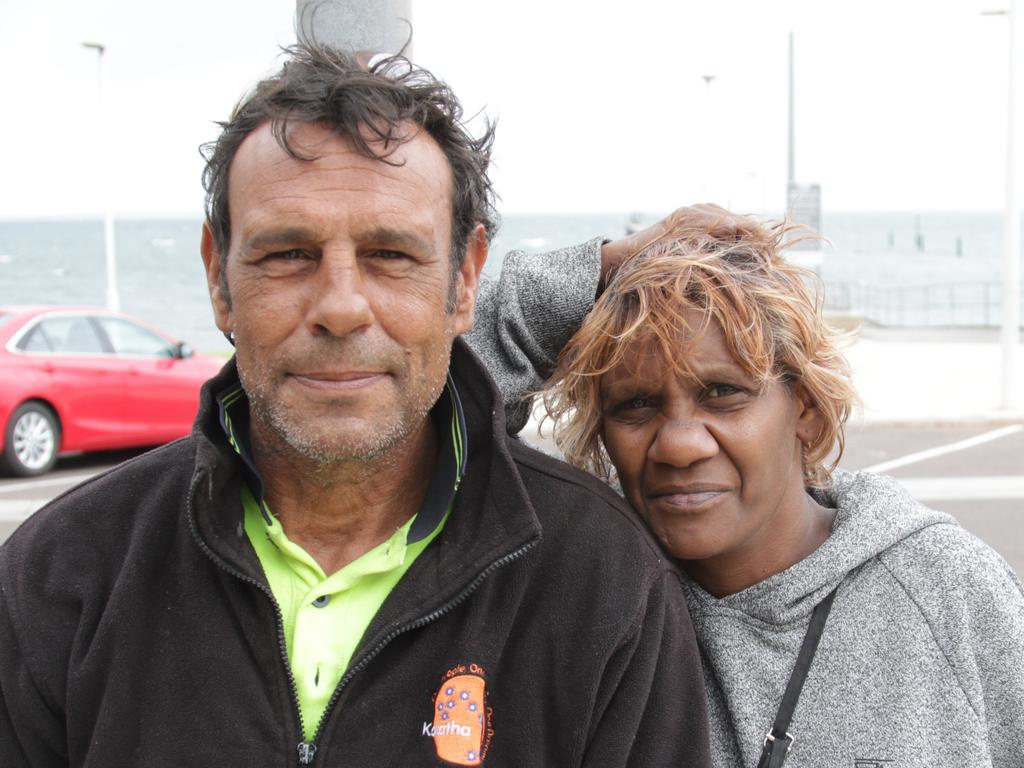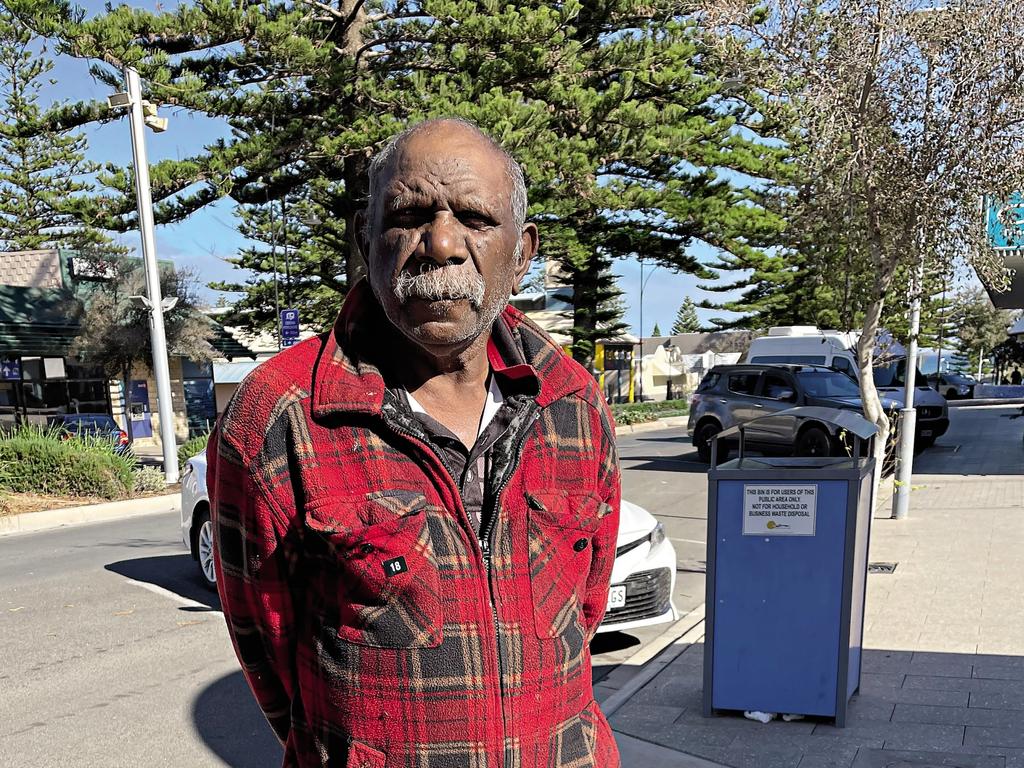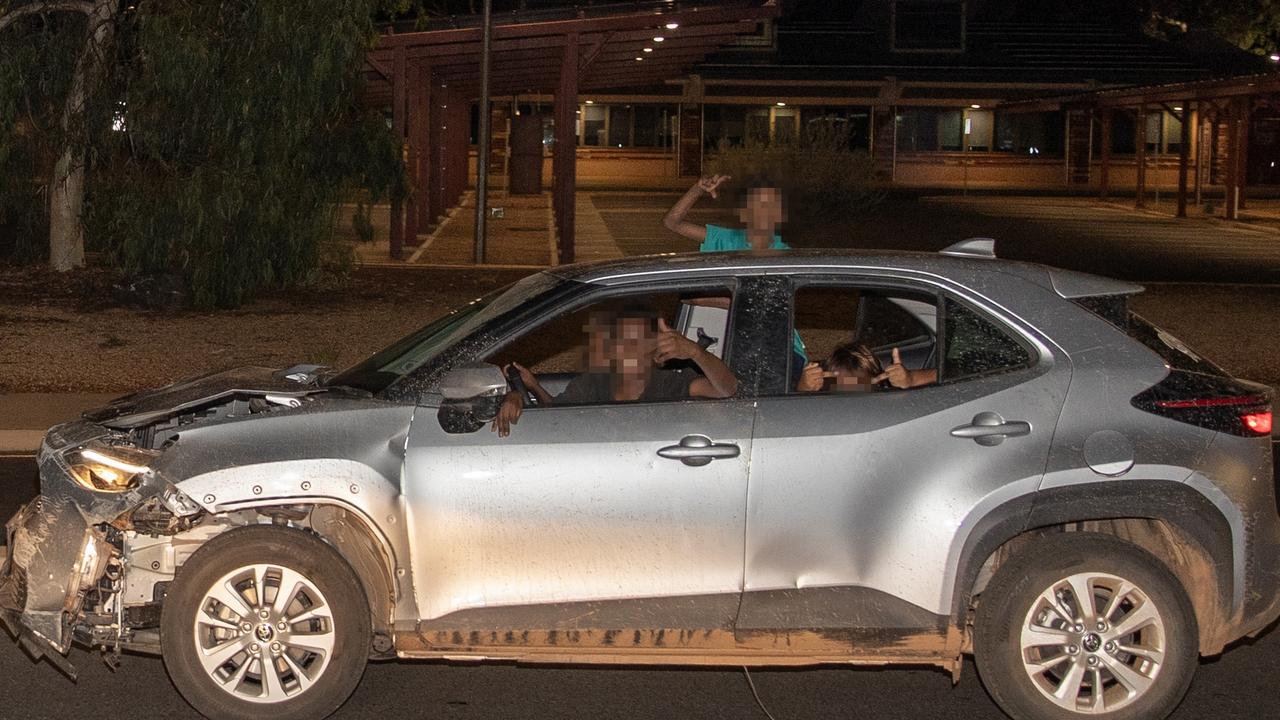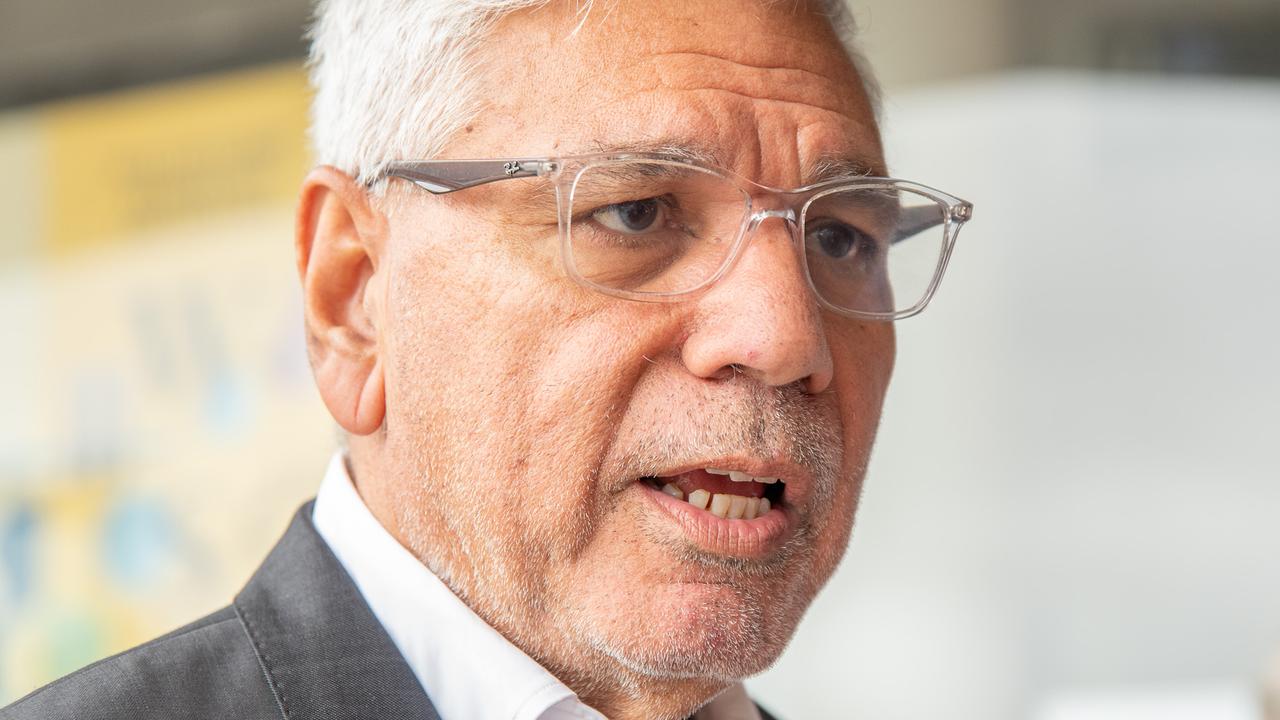Peter Dutton wants cashless welfare cards back as Ceduna town violence surges
The pretty SA town of Ceduna is famous for its annual Oysterfest but its reputation as a holiday destination is being trashed by surging violence and robberies.
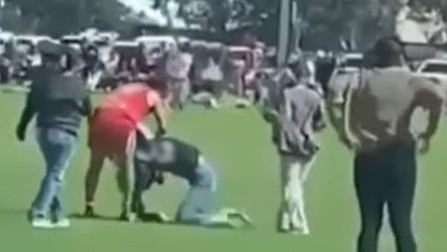
Surging violence and robberies in the South Australian outback town of Ceduna have prompted calls from Opposition Leader Peter Dutton for the immediate national return of cashless welfare cards to combat alcohol-fuelled crime in remote communities.
The West Coast town has become a virtual no-go zone in recent weeks, as residents and business owners tell The Weekend Australian they are afraid to leave their homes after dark and that police have lost control.
Ceduna’s population has swelled from its normal 3000 with several hundred out-of-towners arriving over the past few months for major Indigenous funerals, then staying on and living off welfare with nothing to do.
The pretty coastal town 780km northwest of Adelaide is famous for its annual Oysterfest but its reputation as a holiday destination is being trashed by the chaos. One grey nomad told The Weekend Australian they visited Ceduna from Streaky Bay last month “and left after five minutes”.
Mr Dutton said he had discussed the violence with federal Liberal member for Grey Rohan Ramsey and believed the town needed to reinstate its cashless welfare card as a matter of urgency as part of a broader national rollout.
The call has been rejected by Social Services Minister Amanda Rishworth, who insisted there was no evidence the welfare cards reduced the rate of crime.

Mr Dutton said the federal government was in denial about the link between welfare and violence in towns such as Ceduna, and something needed to be done.
“It’s a human tragedy,” he told The Weekend Australian.
“There is a very strong argument for it. The government had no compelling argument as to why they abolished it other than it was philosophical for them claiming it was racist having Indigenous people on one of these cards. It’s not just in Ceduna. If you go to Leonora, Laverton in rural WA, other places in the NT and far north Queensland, there’s an alcohol management problem and drugs coming into the community, and people exploiting the money that’s going into these communities.
“The violence that results from having withdrawn the cards, the evidence was that when the card was being used, people were buying food, they were buying fresh fruit, they were supporting their families. When the card goes the money is spent on grog and drugs. The food is not being prepared or purchased for the kids.”
Ceduna was one of the test locations for the national rollout of the welfare cards under the Morrison government but the Albanese government honoured its pre-election promise to scrap the card in October 2022.
Labor had criticised the cards as paternalistic, punitive and ineffective, a criticism also made by many Indigenous leaders who believed Aboriginal Australians were being singled out for unfair treatment when other comparable problems existed in other communities.
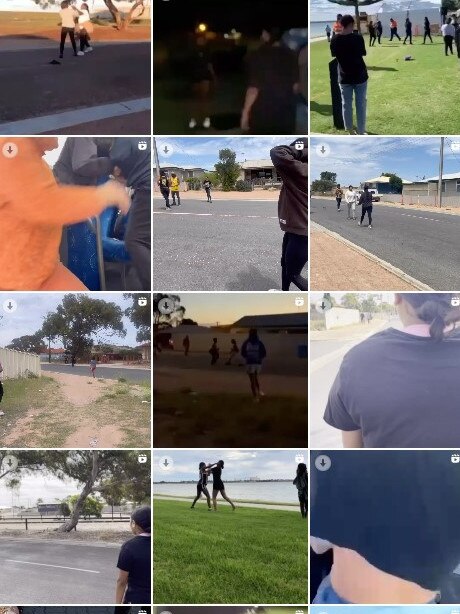
However, the abolition of the card in Ceduna did appear to overlap with an increase in crime, with 111 offences recorded in January last year, up from 39 in January 2022, 51 in January 2021 and 42 in January 2020.
Opponents of the card attributed that increase to “seasonal issues” such as an influx of visitors from beyond Ceduna, with similar claims being made now off the back of the funeral-related population increase.
Ms Rishworth told The Weekend Australian the government’s position was unchanged. “Anti-social behaviour, particularly youth disorder, is a problem in many places across Australia.
“Many towns, particularly in regional and remote Australia, are dealing with complex and intergenerational problems, where there is no one solution.
“To suggest young people behaving badly or more broadly anti-social behaviour was somehow curbed by the cashless debit card is baseless.
“It’s important to note income management is still in existence in towns like Ceduna via the smartcard.”
Violence in Ceduna has become so commonplace that it emerged this week that an Instagram page has been created where residents have chronicled the drunken and drug-fuelled mayhem on the streets and uploaded more than 20 videos.
The Weekend Australian has been told of multiple robberies being committed almost daily against the same businesses and several home invasions, including one where an 81-year-old woman pretended to be asleep while two youths ransacked her bedroom.
One of the bleakest signs of the lawlessness involves a local service station that is robbed daily by youths taking pies, sausage rolls and drinks, and rather than calling police the attendant records the stolen items in a ledger for insurance purposes.
“I saw (people) coming out of the servo loaded up with all their treats and I asked them what the hell they thought they were doing,” one elderly local told The Weekend Australian.
“They looked at the signage on my car and said ‘we know where to find you and we will come and kick your car in’.
“I went and asked the attendant whether she had called the police and she said management had told them not to bother anymore. She showed me the book where she wrote down all the thefts and it looked like the bloody Gutenberg Bible. Page after page after page.”
Mr Ramsey told The Weekend Australian: “I have heard all those stories too. I was reluctant even to raise it because Ceduna derives a lot of its income from tourism, but there is no point staying silent … Everyone knows it’s a problem, a problem that has got worse.
“It is a genuine tragedy and while I am not saying the welfare card is a silver bullet, it was clearly making a difference in terms of making it harder for people to get their hands on booze.”
Mr Dutton urged the federal government to visit Ceduna and talk to Mr Ramsey about what locals were saying. “Rohan Ramsey is a down-to-earth, roll-your-sleeves-up guy,” he said. “He’s not playing politics … He’s got a real passion for his community and he has seen the before and after.”


